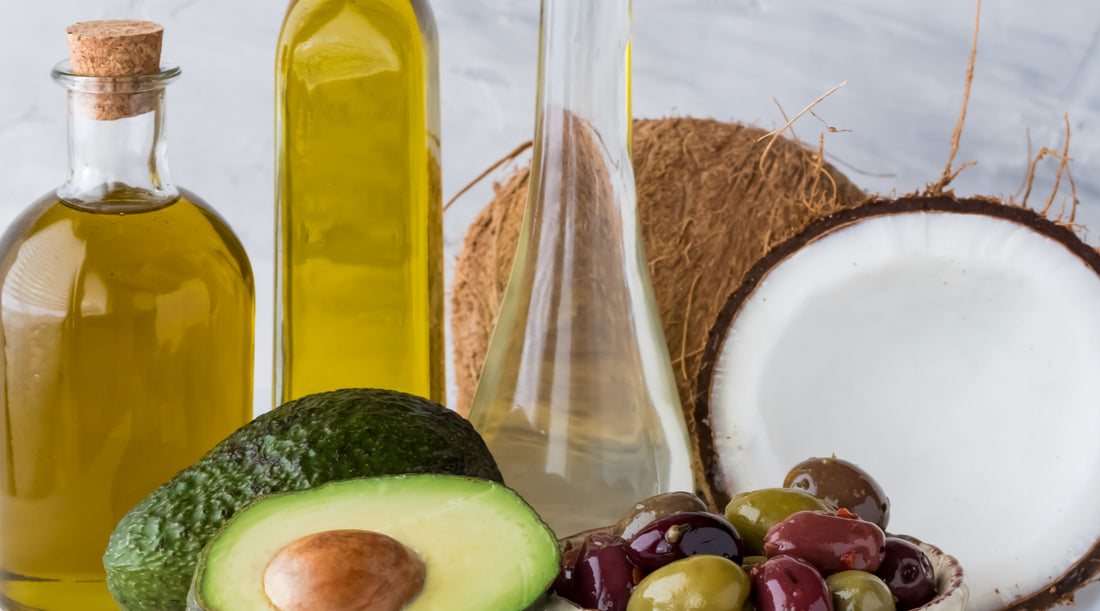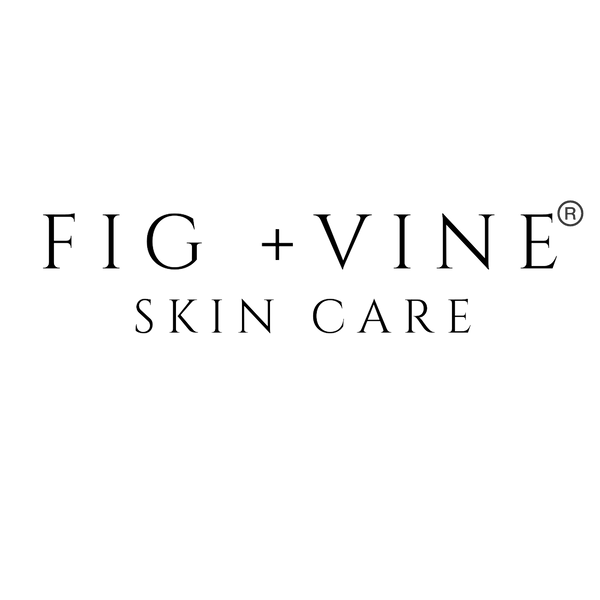
Essential Components of a Moisturizer: Part 2 - Emollients
Share
Facial moisturizers are a crucial component of any skincare routine, playing a pivotal role in maintaining skin health and vitality. Among the various ingredients found in moisturizers, emollients stand out as essential components that contribute significantly to their effectiveness. I previously wrote about Humectants as part one in the series of Essential Components of a Moisturizer. In this blog post, we'll delve into the importance of emollients in moisturizers and highlight some common ingredients that you will see used as emollients in cosmetics. This is definitely not an exhaustive list, but it will give you a basic idea of the types of ingredients that would be considered emollient.
Understanding Emollients
Emollients are ingredients that work to soften and smooth skin by filling in the spaces between skin cells, thereby enhancing and restoring the skin's lipid barrier. This leads to improved skin texture, enhanced hydration, and a reduction in the appearance of dry, flaky skin. Emollients play a crucial role in reinforcing the skin's natural protective barrier, which is vital for shielding the skin from environmental stressors and preventing moisture loss.
Importance of Emollients in Facial Moisturizers
1. Hydration and Moisture Retention
Emollients aid in sealing moisture within the skin, preventing dehydration and enhancing the skin's overall hydration levels. By creating a protective layer on the skin's surface, emollients effectively reduce transepidermal water loss, which is essential for maintaining skin suppleness and preventing dryness.
2. Skin Smoothness and Softness
One of the primary benefits of emollients is their ability to impart a smooth and soft texture to the skin. These ingredients work to fill in the gaps between skin cells, resulting in a smoother, more even skin surface. This smoothing effect also contributes to improving the skin's appearance and creating an ideal canvas for makeup application.
3. Barrier Repair and Protection
Emollients play a fundamental role in fortifying the skin's natural lipid barrier, which is essential for protecting the skin against external aggressors such as pollution, UV radiation, and harsh weather conditions. By bolstering the skin's barrier function, emollients help to maintain optimal skin health and resilience.
Examples of Emollient Ingredients to Look For
Squalane
Derived from sources such as olives or sugarcane, squalane is a highly effective emollient known for its lightweight texture and excellent skin-penetrating abilities. It helps to replenish the skin's lipid barrier, resulting in enhanced hydration and improved suppleness.
Jojoba Oil
Jojoba oil closely resembles the skin's natural sebum, making it an exceptional emollient for all skin types. It absorbs easily and provides long-lasting moisture, making it particularly beneficial for dry or sensitive skin. Most plant oils that you see in an ingredient list will function as an emollient, but jojoba is one of my favorites.
Shea Butter
Renowned for its rich emollient properties, shea butter is a luxurious ingredient that deeply nourishes and softens the skin. It offers intense hydration and aids in restoring the skin's elasticity, making it an excellent choice for addressing dry, rough skin. Other popular butters with emollient properties are kokum butter, mango butter, murumuru butter, cocoa butter, illipe butter and tucuma butter. Some, but not all plant butters will offer emolliency and occlusive properties as well (which will be part three in the series).
Ceramides
Ceramides are vital components of the skin's barrier function, and incorporating them into a facial moisturizer can help fortify the skin's protective barrier, enhance moisture retention, and improve overall skin texture.
Look for a nice stack of emollients in the ingredient list of your moisturizers for healthy, hydrated, and resilient skin. When selecting a facial moisturizer, prioritizing emollient-rich formulations can significantly benefit the overall health and appearance of your skin.
Remember, a well-formulated moisturizer with the right emollients can be a game-changer for your skin, ensuring that it remains hydrated, supple, and beautifully balanced.
If you have any questions about emollients or skincare in general, feel free to reach out!
